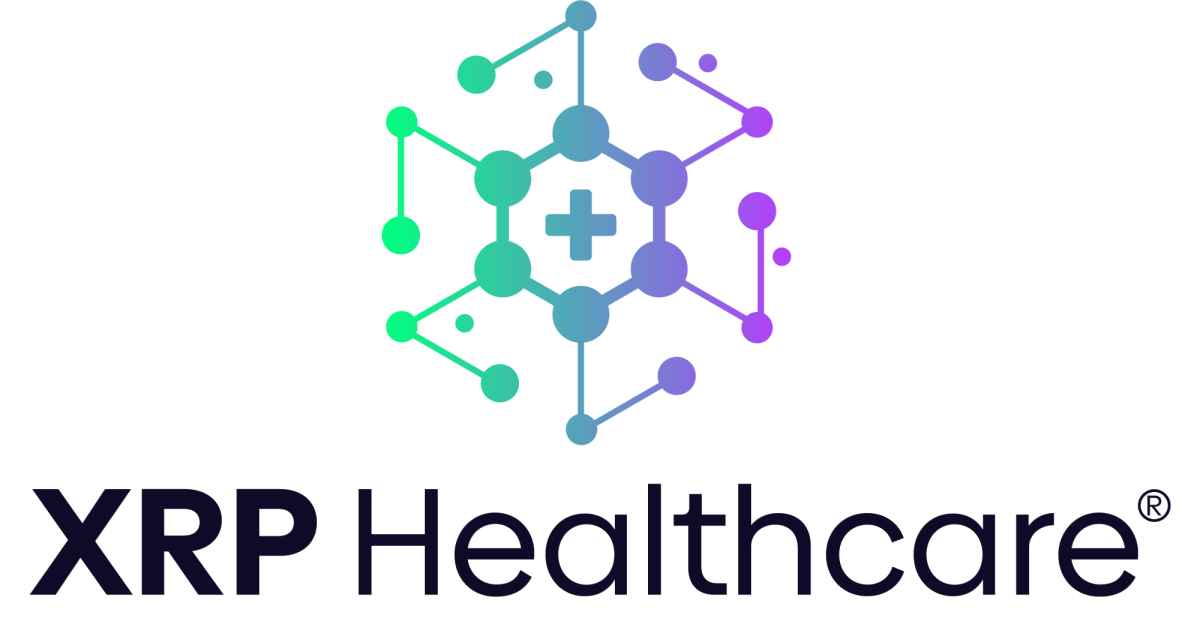19/12/2022
The goal is to provide security, transparency, and enhanced value to the network’s users.

In 2021, cryptocurrency scams once again took the lead as the most prevalent form of crypto-related crime, resulting in the misappropriation of over $7.7 billion worth of cryptocurrencies from victims. This marked an alarming 81% increase compared to the previous year.
Data from Chainalysis reveals that the total transaction volume for cryptocurrencies in 2021 reached a staggering $15.8 trillion, a remarkable 567% surge from 2020 figures. This surge underscores a significant uptick in cryptocurrency adoption [1]. While the growth in illicit transaction volume was notably lower at 79%, legitimate cryptocurrency usage outpaced criminal activity. However, as of December 15, 2022, a total of 487 rug pulls have occurred, amounting to a staggering $25,499,098,622, making 2022 the most prolific year for such scams.
Rug pulls emerged as a major contributor to the rise in scam incidents, particularly within the DeFi (Decentralized Finance) landscape. A rug pull refers to the abrupt abandonment of a project by its development team, often involving the sale of tokens or the removal of all liquidity.
Rug Pulls
Rug pulls are primarily associated with DeFi projects that provide liquidity to Decentralized Exchanges (DEXs). Since the tokens of new DeFi projects are seldom listed on Centralized Exchanges (CEXs), DEXs become the sole source of liquidity. These DeFi-related scams accounted for 37% of all cryptocurrency scam revenue in 2021.
Notably, the most significant cryptocurrency scam to date in terms of monetary losses was the OneCoin incident, where investors lost a staggering $4 billion. Ruja Ignatova, known as ‘The Cryptoqueen,’ remains at large and is on the FBI’s ’10 Most Wanted List.’
Other notable cryptocurrency scams include:
- The Africrypt heist (hack), which resulted in the theft of up to $3.6 billion in users’ funds (2018) [1].
- The BitConnect fraud scheme, involving the misappropriation of $2.4 billion (2021) [2].
- The GainBitcoin scam, India’s largest crypto scam, leading to losses of up to $4.7 billion.
As illustrated in the 2022 chart below, rug pulls continue to pose significant risks:
Darknet markets
Darknet markets also set a new revenue record in 2021, generating a total of $2.1 billion in cryptocurrency, with the majority, $1.8 billion, attributed to drug-focused markets.
As depicted in the chart below, there has been an increase in the number of darknet market shops:
Hydra, a marketplace serving Russian-speaking countries, remains the largest darknet market, contributing to 80% of darknet market revenue worldwide in 2021.
XRP Healthcare’s stringent Know Your Customer (KYC) policy serves to mitigate the risks often associated with cryptocurrency investments, reducing the potential for identity theft and fraud through the collection and verification of critical data from all business partners, including pharmacies and healthcare companies. Enhanced identity verification through KYC programs is poised to stabilize the marketplace and enhance its overall value. The decentralized marketplace is committed to facilitating honest and legitimate transactions, with a primary focus on bolstering security, transparency, and value for its network users. Additionally, comprehensive information about the XRPH team is readily available in the project’s whitepaper.
For further details about XRP Healthcare, please visit: www.xrphealthcare.ai.